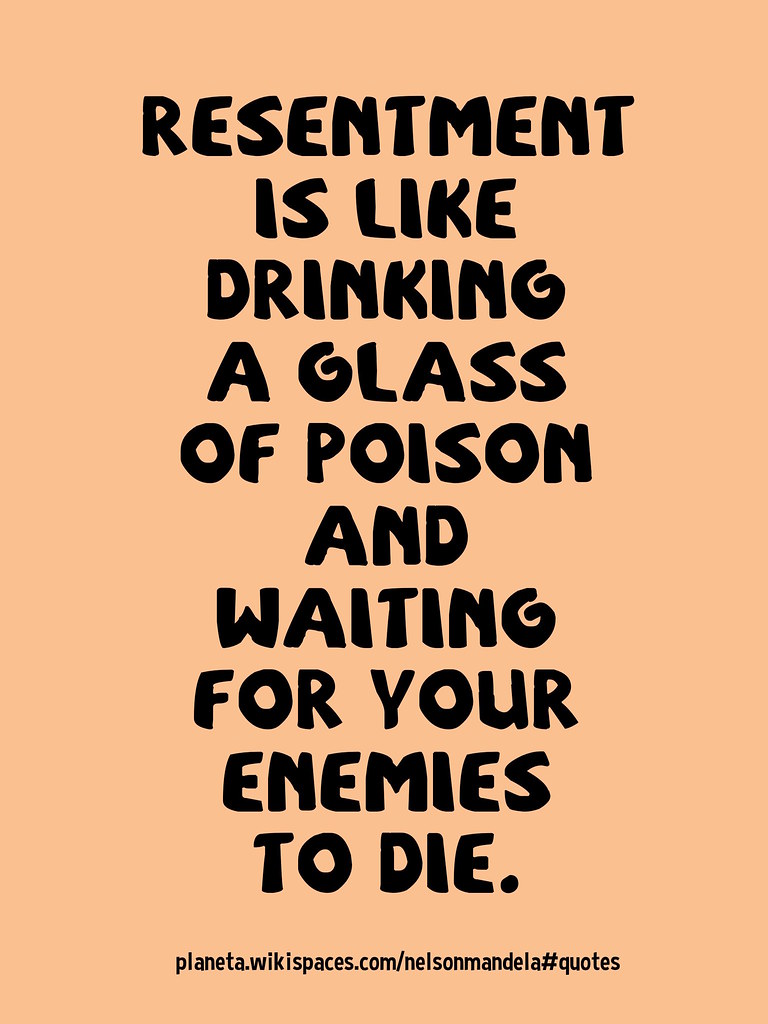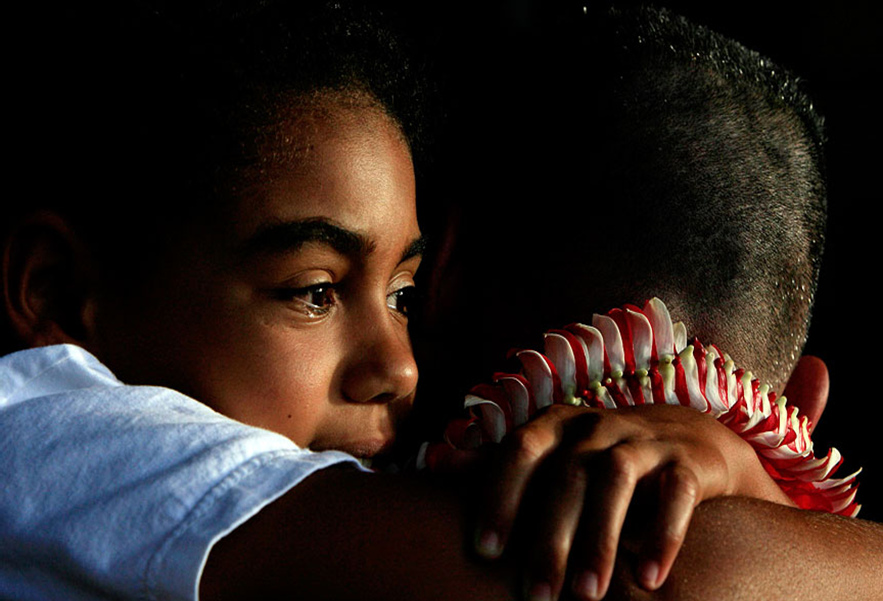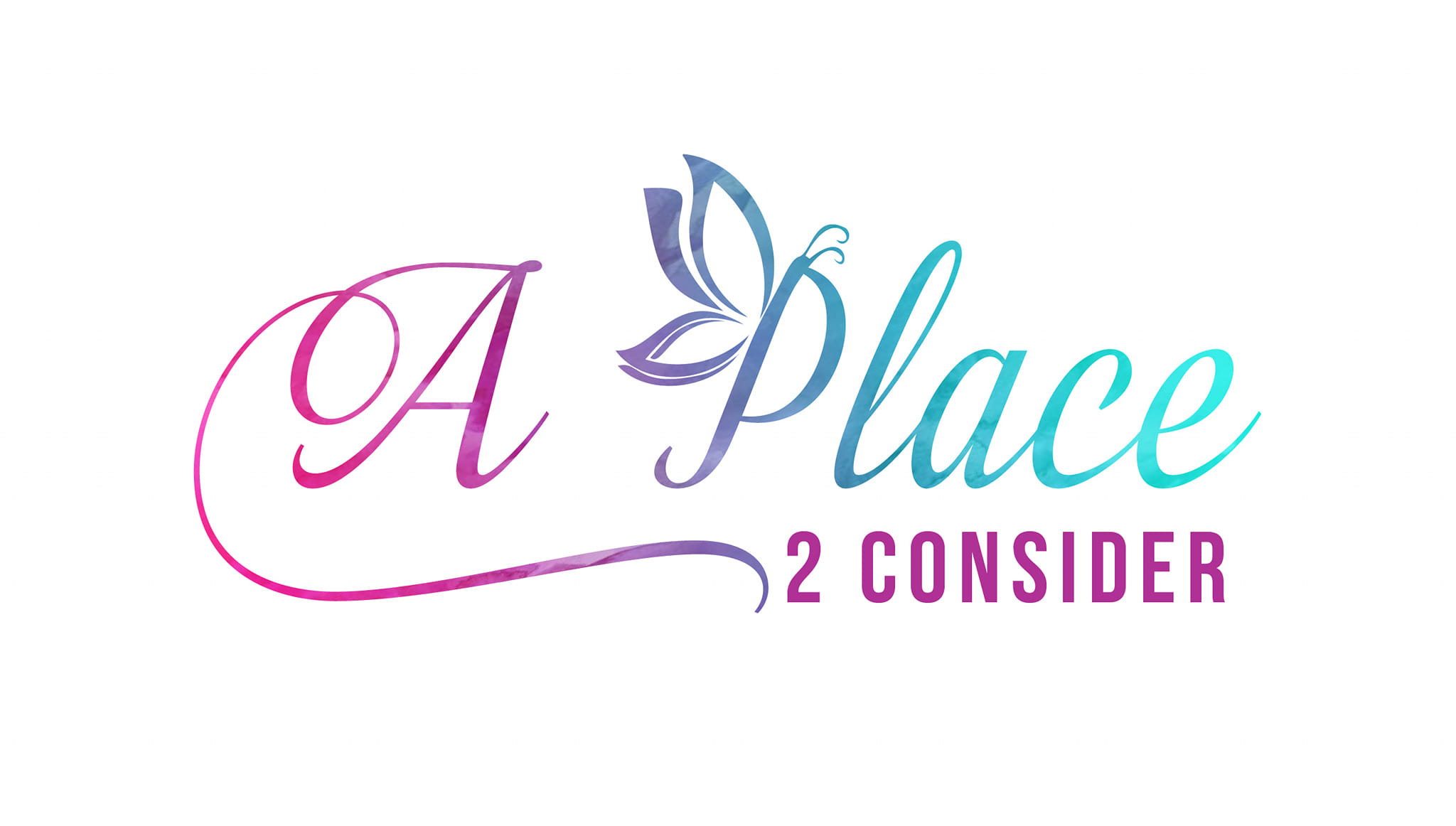There is a phrase that permeates around the concept of forgiveness: “Forgive but never forget.” To be honest, I don’t know how I feel about this phrase. I believe many people take it the wrong way. People may say that they “forgive”, but in refusing to “forget” they still harbor a grudge towards the ones asking for forgiveness. Are you truly forgiving if there are still bad feelings in the mix? Now, I’m not saying that one must completely forget the pain that was inflicted on you; for some that is not possible. What I am saying is that one cannot harbor pain and resentment throughout their life. You cannot have forgiveness if you are held hostage to the hurt or hold others hostage to your pain. Resentment formed by grudges breeds sickness. It does not just poison the relationships that need mending, it also poisons the positive relationships in your life. For, in every relationship, you have will carry the weight of your trauma.
Now, I’m not saying that one must completely forget the pain that was inflicted on you; for some that is not possible. What I am saying is that one cannot harbor pain and resentment throughout their life. You cannot have forgiveness if you are held hostage to the hurt or hold others hostage to your pain. Resentment formed by grudges breeds sickness. It does not just poison the relationships that need mending, it also poisons the positive relationships in your life. For, in every relationship, you have will carry the weight of your trauma.
Perhaps the phrase should be altered to, “Acknowledge, forgive, and let go.” Forgiveness is not just a spiritual process; it is a transformational experience with many layers. You first must acknowledge what has happened and be honest with yourself. Take the time to sit still and ask the hard questions. “Why do I feel hurt?” “Where are my values at in terms of this incident?” And one of the hardest things to ask: “Is this relationship in question valuable and viable?” “Can the relationship truly be saved by your forgiveness? “ When you give these answers a voice, you cope and process your emotions, and there is certainly a level of freedom that comes from that.
But forgiveness must ultimately come from a place of grace, not from a place of pain. Forgiveness is a part of the process of healing process, it is what makes us human. It’s about the ability and willingness to repair a breach, whether outwards in a friendship or relationship with another, or inside the soul. It’s easy to lash out and place the blame on the other instead of each person taking ownership to rebuild the relationship. Remember, you are not a perfect person. We have all done unlovable thing, or things that we regret in hindsight. Remembering that you are not perfect can make the process of forgiveness somewhat easier, for you can empathize with the experience of apologizing. If someone is willing to do the work, and ask for an apology, you should be willing to receive it and let the love flow in. For it takes heart work and hard work in order to truly forgive and start the healing process.
 Lastly, grief may be a part of the forgiveness process, but one must completely let go of the feelings of pain, sadness, and anger to truly move on. You must find a way to lament your feelings in a healthy release, fulling giving into to both the grieving and forgiveness process. Reflection, talk therapy, and exercise are all great ways to release emotional stress. But you must find a way that helps you to let go, for everyone’s path is different. By finding your own way to let go, you are no longer controlled by the incidents or people that have hurt you. Forgiveness not only gives you personal control, but in letting go, you find the freedom to start anew, and claim your life back as your own.
Lastly, grief may be a part of the forgiveness process, but one must completely let go of the feelings of pain, sadness, and anger to truly move on. You must find a way to lament your feelings in a healthy release, fulling giving into to both the grieving and forgiveness process. Reflection, talk therapy, and exercise are all great ways to release emotional stress. But you must find a way that helps you to let go, for everyone’s path is different. By finding your own way to let go, you are no longer controlled by the incidents or people that have hurt you. Forgiveness not only gives you personal control, but in letting go, you find the freedom to start anew, and claim your life back as your own.
Forgiveness is truly a gift of love, one that we must give while in pain. By making the steps, taking the risk to rebuild, and giving people a chance, one shows true personal growth and transformation. When done correctly, forgiveness reminds us that we cannot stay in the stories of the past. The true goal is to heal ourselves and move forward from the pain inflicted on us through the act of forgiveness. We all have the opportunity to move in the glory of God, but only if we choose to do so. By realizing that we have the choice to forgive, the choice to let go, we can realize that true happiness is also a choice. Let us choose joy instead of pain and forgiveness instead of resentment, for every choice of kindness we make leads us on a path closer to God.




